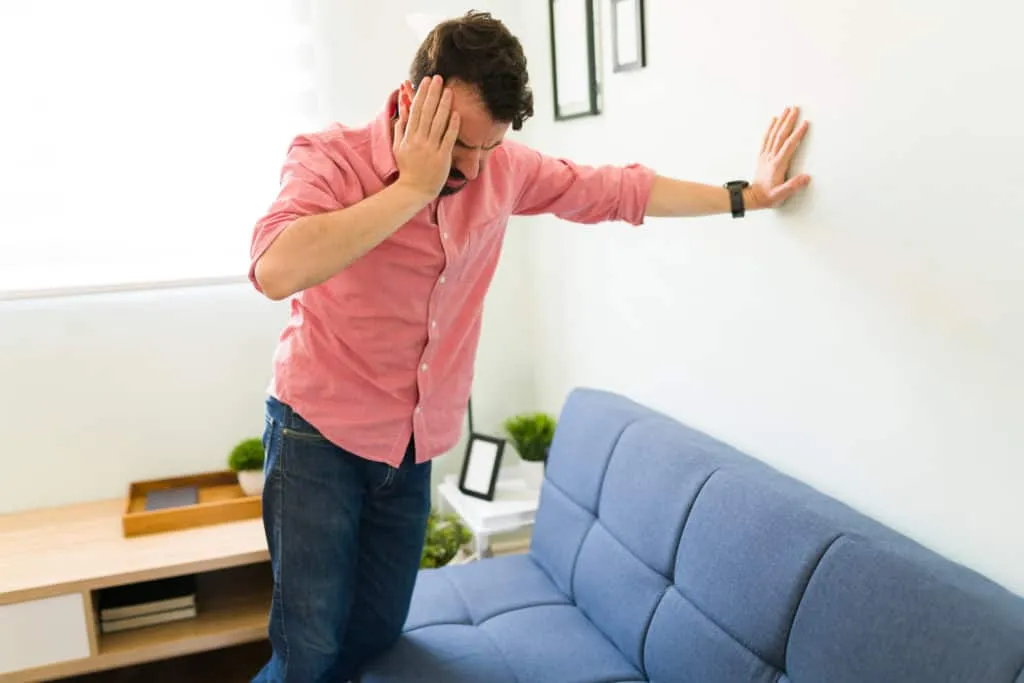Do you feel dizzy and unbalanced?
It might be a balance disorder, otherwise known as a “vestibular disorder”.
When you have a balance disorder or problems with your vestibular system, it makes you feel dizzy and unsteady on your feet. For example, when you’re walking, balance disorders make you feel like you might fall at any moment.
But when you have certain balance disorders, you may still feel dizzy and disorientated – like things are moving when they’re not, when you’re sitting, lying, or standing.
Occasional spells of dizziness are not unusual (especially when we make sudden movements). But if you experience dizziness regularly, it could point to something more severe like a balance disorder.
Dizziness feels different for different people. Some feel as if they are fainting and losing consciousness briefly. In contrast, others might experience vertigo (a spinning sensation) over a more extended period.
It’s awful.
If severe and left untreated, balance disorders can significantly impact your quality of life and lead to anxiety and other mental health problems.
More Blogs From Universus
A New Approach For Chronic Pain | Part 2
5 Simple Stretches for Knee Pain
A Good Night’s Sleep Could Be One of the Most Important Elements of Your Health & Healing
What Are the Symptoms Of A Balance Disorder?
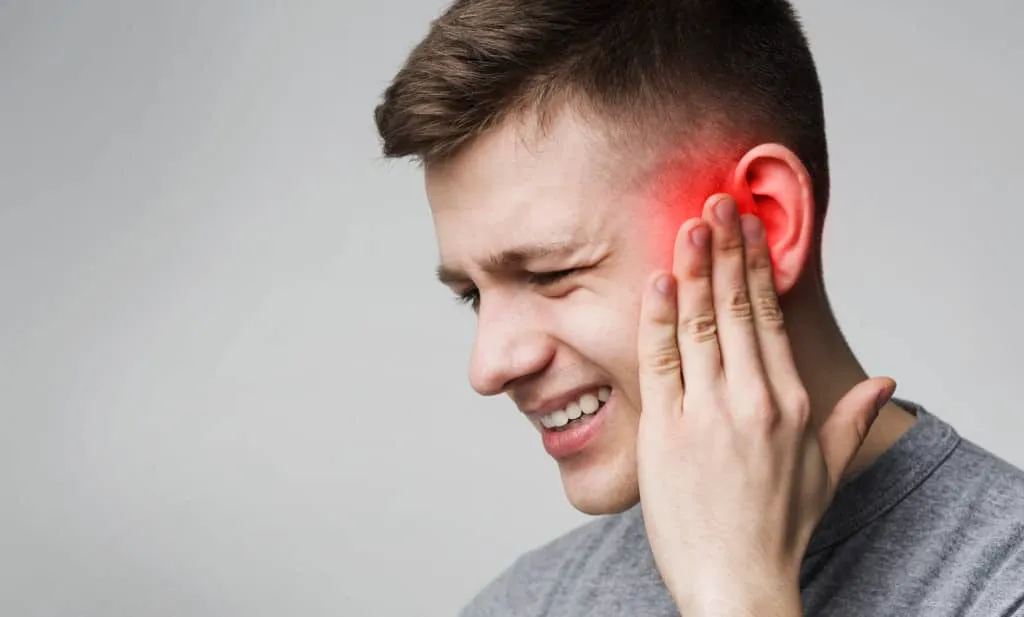
Some of the most common symptoms of a balance disorder may include:
- A sense of disorientation/ confusion
- Difficulty in walking steadily
- Developing a blurred or hazy vision
- Sudden vertigo (a spinning sensation)
- Feeling a floating sensation or lightheaded
- Feeling like you are about to fall or having a fall
- Diarrhea
- Heart palpitations
- A rise in blood pressure
- Panic/Anxiety
- Nausea/Vomiting
When you have a balance disorder, the symptoms usually come and go in waves. However, some symptoms can be for long periods, in severe cases. When there is no let-up in symptoms, patients are more likely also to develop symptoms of chronic fatigue and depression.
What Causes Balance Disorders?
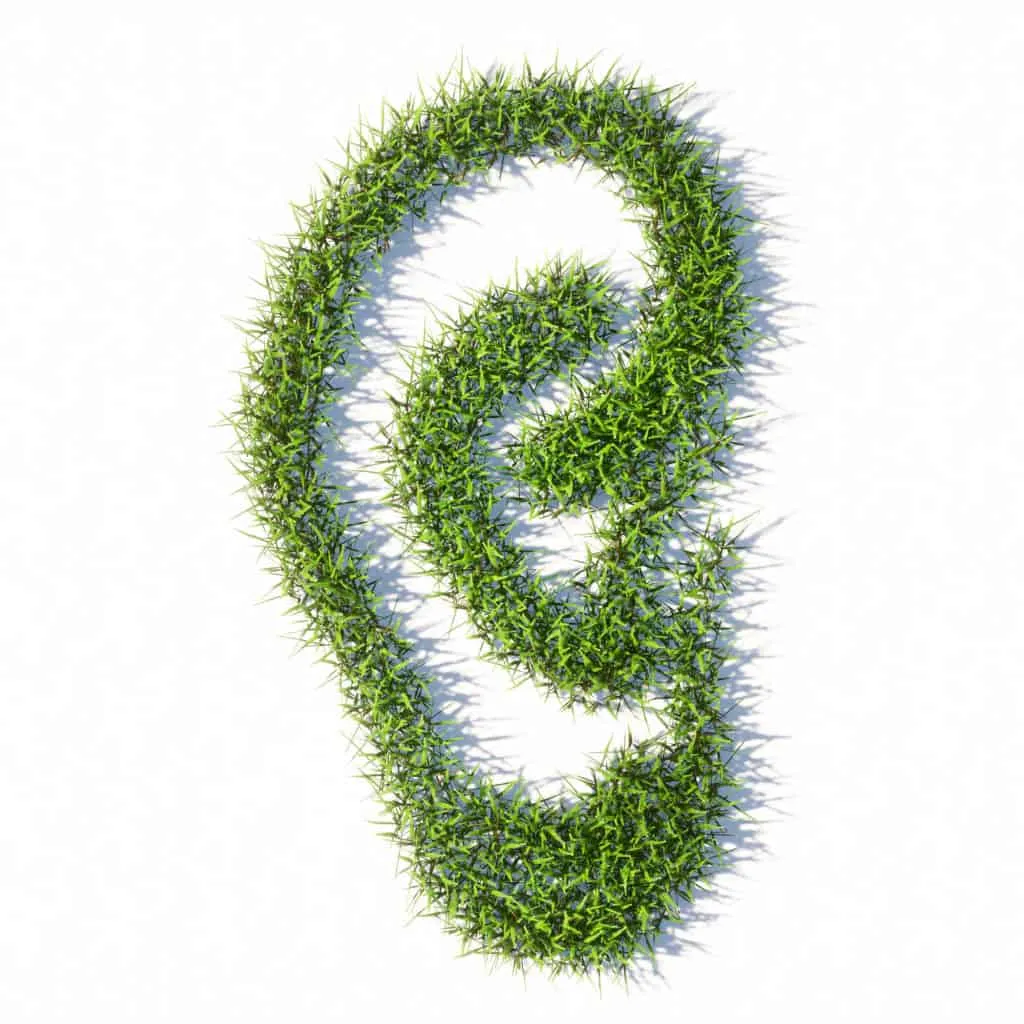
There are many reasons why you might have a balance disorder. They include medical issues that affect the brain, an inner ear infection, injury to the head, or specific medication side effects.
Aging, too, can increase the likelihood of developing a balance disorder. But some balance disorders can come on suddenly with no known cause.
What Are The Different Types Of Balance Disorders?
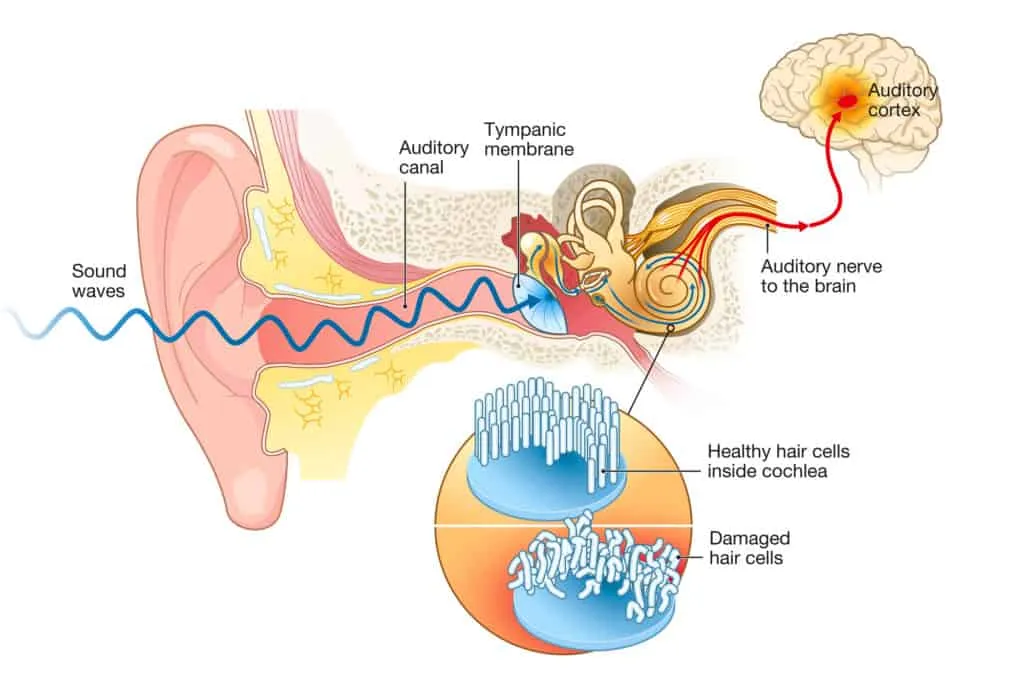
The more common balance disorders we see include:
- Ménière’s disease: The symptoms indicative of this condition includes the sensation of fullness within the ear, hearing loss, tinnitus, and instances of experiencing vertigo. The possible cause could be fluctuation in fluid volume within the ear’s labyrinth (the innermost section of the ear). However, the exact reasons are still not known.
- Positional vertigo or BPPV (Benign paroxysmal positional vertigo): This is primarily a brief albeit intense episode of dizziness that occurs due to a certain change of head position. It happens when you look over your shoulder, look upwards, bend down to look beneath something or change positions in bed. Positional vertigo happens when loose otoconia (tiny crystals inside the ears) roll into the semicircular canals that affect the functioning of the ampullary cupula (that controls spatial awareness). The misplaced otoconia result in the cupula relaying incorrect information to your brain about the position of your head, which leads to vertigo. There are many benign causes of BPVV. Often, there are no apparent causes. But sometimes, this condition may occur due to an injury to the brain, diabetes, or osteoporosis.
- Mal de Debarquement syndrome (MdDS): The symptoms associated with this balance disorder are swaying, bobbing, or rocking after a journey or even after using the treadmill. Generally, the symptoms disappear within a few hours or days after the trip or when you stop using the treadmill. However, the feeling can remain for weeks, months, or even years in severe cases for some people. Unfortunately, there is no scientific cause known for this condition yet.
- Labyrinthitis: Generally seen in patients after the flu or other respiratory infection. Labyrinthitis occurs when there is inflammation or infection within the inner ear, which causes balance problems and dizziness.
- Perilymph fistula: When there is a tear or defect in the membranes of the ear, fluid from the inner ear leaks into the middle ear, resulting in a perilymph fistula (PLF). This condition is exacerbated with movement and leads to difficulties maintaining your balance. You may also have nausea and bouts of dizziness. This condition can occur after scuba diving when there is an extreme change in eardrum pressure. It can also come on after long-lasting ear infections, injury to the head, or severe physical exertion. In babies, it can occur during childbirth.
- Vestibular neuronitis: A bit like labyrinthitis, vestibular neuronitis is characterized by bouts of vertigo and happens when the vestibular nerve is inflamed due to a viral infection.
How To Find The Cause Of Your Balance Disorder
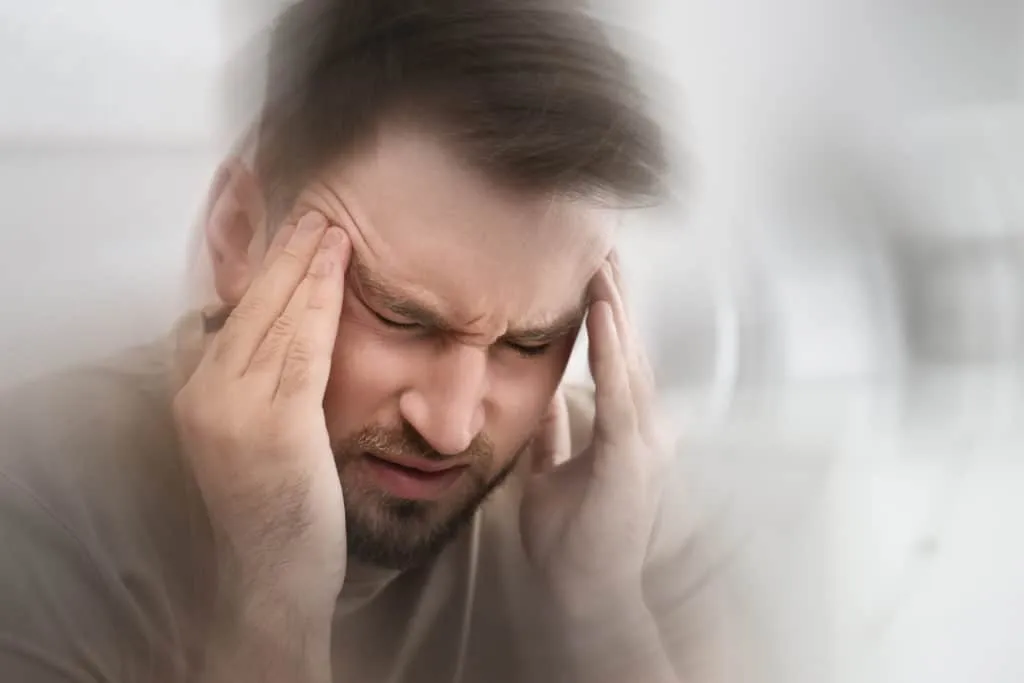
Finding out the precise cause of your dizziness can be challenging. Most balance disorders get better on their own without treatment, often within a couple of weeks.
However, if your symptoms persist, your doctor may recommend setting up an appointment with an audiologist and an otolaryngologist.
An audiologist’s specialty is the functions of the vestibular system and hearing. The otolaryngologist is a professional surgeon specializing in disorders and diseases of the ears, neck, nose, and throat.
Your doctor may also recommend blood tests, hearing examinations, an MRI of your brain and head, and going in for a video nystagmogram (to measure muscle and eye movements).
In addition, you may need to go in for a posturography examination – where you stand on a mobile platform in front of a screen of patterns.
Posturography helps to evaluate your balancing skills under different conditions, like having to stand on a mobile surface.
Additional tests can include shaking the head briskly from side to side, sitting on a rotating chair, and measuring neck and eye muscle response to short clicking sounds.
Because of the sheer complexity of the vestibular system, it’s necessary to have all these evaluations and tests to determine the cause of a long-lasting balance disorder.
How To Get Help For Your Balance Disorder

The cause of vestibular disorders is different for everyone. For you, it could be medication or an underlying medical condition that is causing your balance disorder.
So, the help you need will be specific to the cause. For example, you may need a change of medication or a consultation with a specialist to treat the underlying medical condition contributing to your symptoms.
Some people find relief from a change in lifestyle and an anti-inflammatory diet.
In the early stages of a severe balance disorder, you may need medication to control nausea and vertigo because it is so unpleasant and disorientating and leave you debilitated.
However, in chronic cases, the aim should always be to find a solution to the symptoms without medication – due to the long-term negative health consequences. Medication is not a long-term solution.
At this stage, that’s when Vestibular Rehabilitation with a Physical Therapist can be extremely helpful and help you get your everyday life back on track.
Vestibular Rehabilitation aims to recalibrate your brain and the vestibular system and help it detect the correct position of your head to react accordingly to changes in movement.
The organs inside your ears work like sensors to gauge where your head is and what position it is in. When these sensors fail or misfire, the symptoms of dizziness and the feeling of “seasickness” occur.
Vestibular Rehab uses specific exercises to reset the sensors in your ears to respond better and send better signals to your brain.
You will undertake in-clinic sessions with a physical therapist and be given exercises to practice at home.
However, if you have BPVV, the treatment is slightly different. It will involve your physical therapist performing specific hands-on movements to reposition the tiny crystals inside your ears.
This therapy should correct your symptoms reasonably quickly. Still, you may need to do some vestibular rehabilitation if you’ve been suffering from this condition for a long time.
We offer all new patients the opportunity to talk to us about their balance disorder and get some advice on treating it. So book your free Balance Disorder Consultation with one of our Physical Therapists now.
Time To Get In Touch
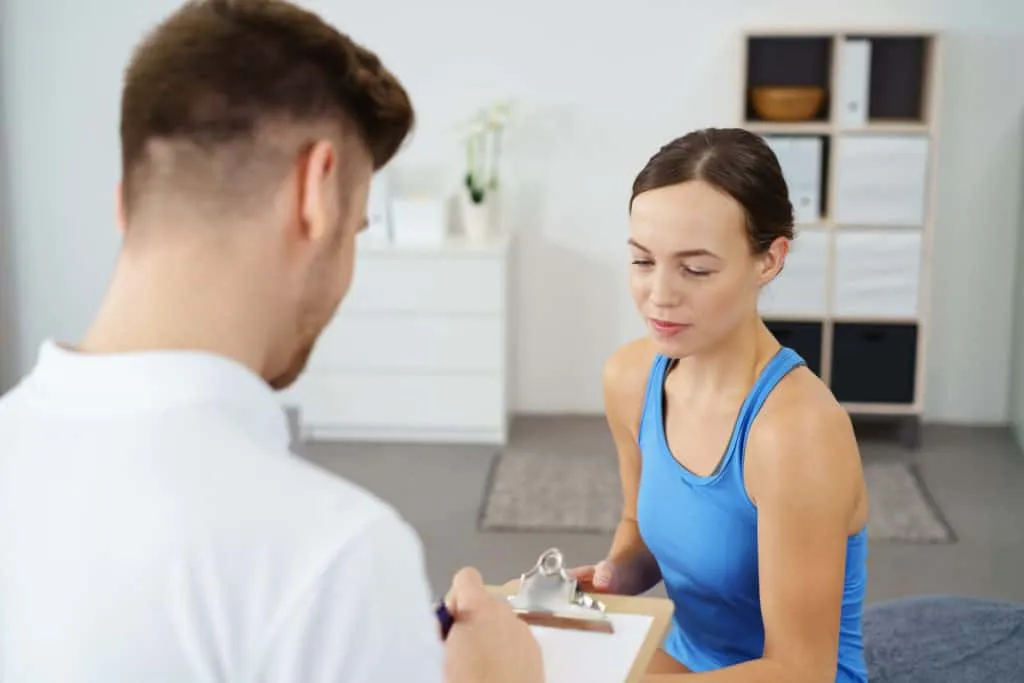
If any of this sounds familiar get in touch and we can help you.
Here at Universus we know that everyone is different, that’s why we work with you to create a specialized recovery programme.
Whether you’re suffering from a balance disorder or you are wanting to start preventative methods, get in touch and give us a call.


